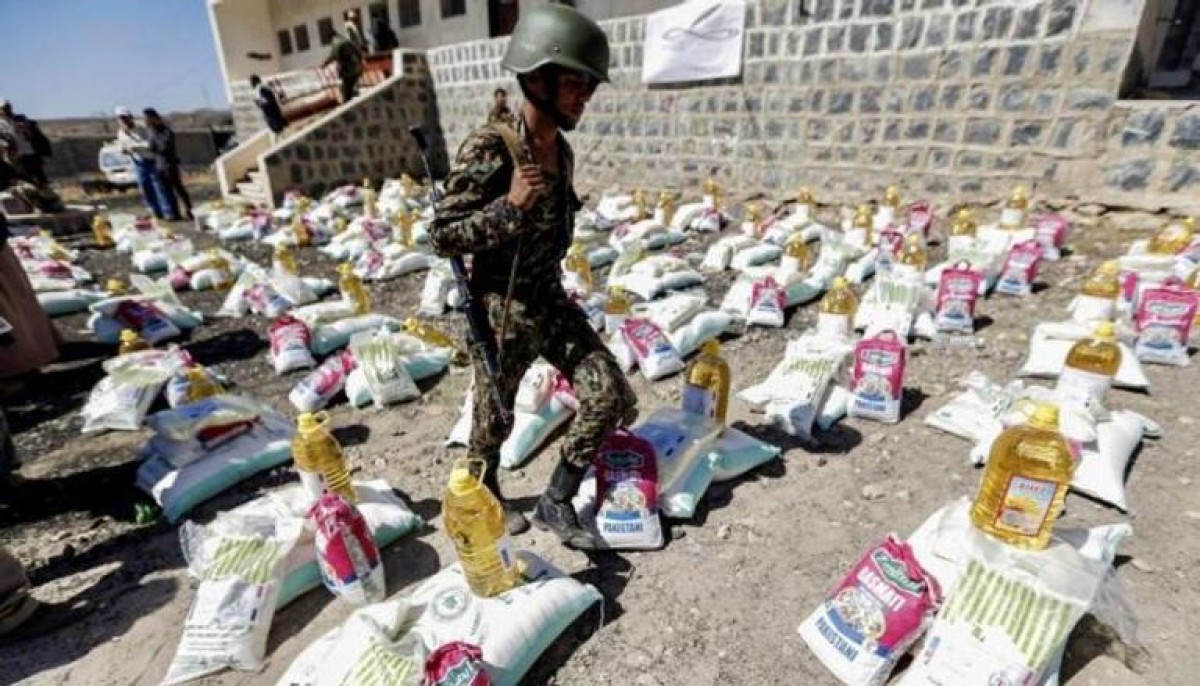Newspaper.. The “Skmsha” mechanism to purge dirty Houthi money.. This is why the war continues in Yemen


Yemeni sources revealed a Houthi mechanism to launder the money of the organization’s leaders and transfer it abroad through an institutional umbrella that controls the work of international and local organizations.
The Houthi militias established the “Skmsha” device, or the so-called “Supreme Council for the Management and Coordination of Humanitarian Affairs and International Cooperation,” which manages the projects implemented in areas under its control according to their own laws. It is also the body that identifies the Yemeni organizations that are partners to international organizations, most of which are affiliated with the Houthis. .
Through merchants and contractors designated by the militias, dirty money is passed as financial appropriations to import materials and goods for projects supported by international organizations working in the relief and humanitarian fields.
The sources also explained that the “Skmsha” device, headed by a leader close to the Houthi leadership, Ahmed Hamed, is awarding some tenders for the implementation of projects such as road maintenance, establishing sewage networks, and others, to contractors linked to the organization in exchange for passing the funds of the group’s leaders abroad under the guise of importing. Materials and goods for implementing infrastructure projects in Sanaa and Amran
The sources who spoke to Al-Ain News obtained documents indicating sums of money exceeding $200 million allocated for importing materials and goods for projects, but it turned out that the value of these goods is much less than the amounts included in the money transfer documents abroad.
The sources considered the transfer of these huge sums abroad in the name of such contractors to fall within the framework of smuggling and money laundering operations practiced by the Houthi militias through the so-called “Skmsha” to escape international and American sanctions in particular that were imposed on some exchange companies and some merchants who were proven Their involvement in facilitating the transfer and smuggling of militia funds.
A relief worker, who requested to remain anonymous for fear of Houthi reprisals, said that since the founding of “Skmsha”, the militias have restricted “relief and humanitarian work to their local organizations only after imposing them as implementing partners for international organizations.”
He explained in a statement to Al-Ain News that the Houthis also built local organizations that account for 90 percent of the international aid provided to the Yemeni people and have become the only party implementing projects in areas controlled by the militias.
The Houthi militias also established contracting and supply companies to award tenders to international organizations.
He pointed out, “When any organization submits any project, it provides Skimsha with all the details of the project, including the tender budget, which means that the companies affiliated with the militias already have accurate details about the allocated amounts.”
Observers say that the Houthi militias' disavowal of international obligations and their efforts to continue the battles in Yemen and perpetuate the state of neither peace nor war come against the backdrop of their desire to keep financial flows continuing to the group's coffers, whether at home or abroad.